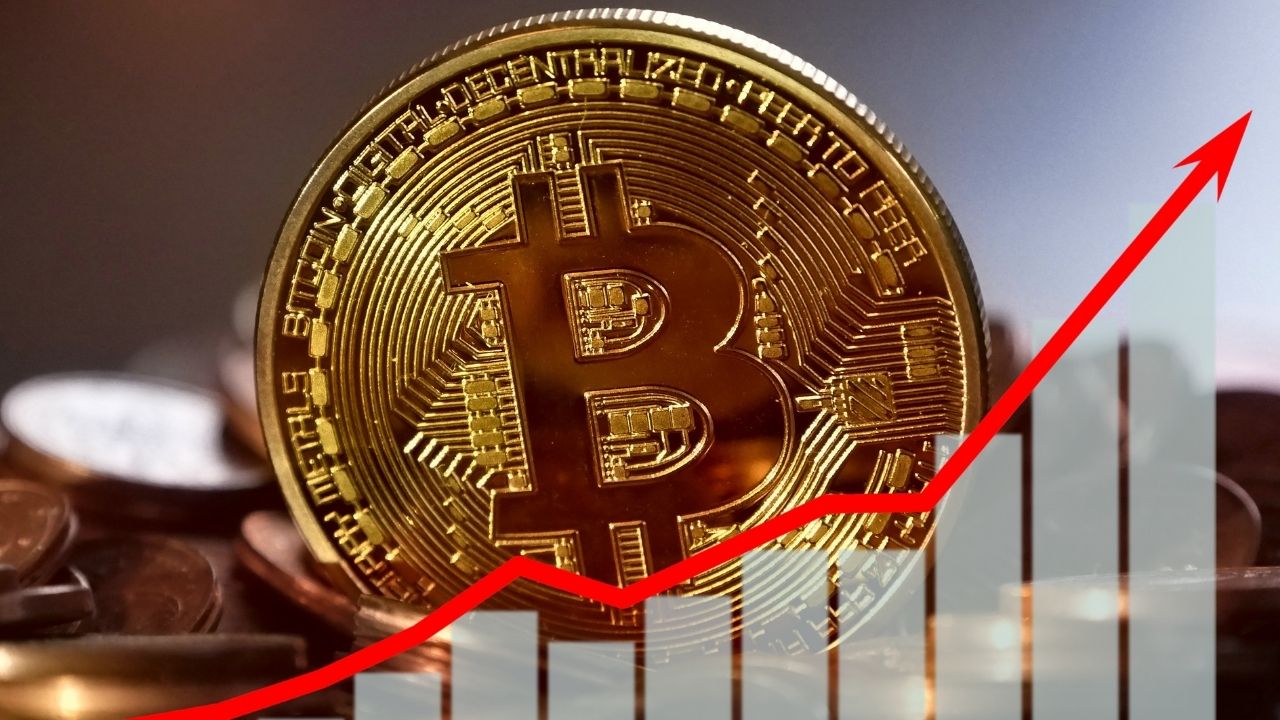The emergence of cryptocurrency has opened up possibilities to investors and fraudsters. As Bitcoin has held on to supremacy in the digital asset market, an increase in individuals is utilizing convenient methods of purchasing using payment mediums like PayPal. Although PayPal can be a very fast and comfortable choice, the issue of fraud and scams is very real. Any interested person in knowing how to buy bitcoin with paypal ought to know how to overcome these risks and protect their money.
Selecting Trusted Platforms
Among the most applicable methods to prevent fraud is transacting on sites that have proven their reputations and security measures. Established cryptocurrency exchanges that support PayPal payment methods normally include identity verification, escrow-related services, and dispute resolution. These attributes form a degree of responsibility that is not normally found in peer-to-peer exchanging. Not all exchanges support PayPal, but those that are regulated and built on a recognized platform reduce the risk of falling victim to fraud.
The Place of Peer-to-Peer Marketplaces
Peer-to-peer exchanges provide a place where people can directly purchase Bitcoin from other people, with PayPal being the most widely accepted mode of payment. Such a platform may be convenient, but it is also where fraud is the most prevalent. To mitigate risks, a buyer can examine the seller's history and verify their feedback ratings, and also they need to give their preferences to those traders who have a long history of successful transactions. Escrow systems play a crucial role in such an environment. A platform minimizes fraud possibilities because, when both parties confirm the payment, the Bitcoin is released to both. Nevertheless, a sense of vigilance, especially to avoid deceptive practices on the part of even tested sellers, is important, as they may work to cheat the system once no one is on the lookout.
Identification of Red Flags
Scammers also tend to employ strategies that appear legitimate at first glance but become clear when one analyzes them. The low prices of Bitcoin are unrealistic, hurrying to close the transaction too fast, or refusing to use the escrow service are red flags. There are also fraudsters who can show some fake evidence of the transactions to encourage the buyers to transfer money. A knowledgeable buyer will be taught to be suspicious of anything that sounds too good to be true. Through the patience and evaluated calculations of every deal, people will be able to detect and avoid suspicious propositions and eventually turn out to be victims.
Value Of Security Practices
Besides choosing reliable platforms, consumers should also have good personal security. Turning on two-factor authentication on PayPal and crypto accounts will provide an extra level of security. Having a record of all the transactions made assists in settling the dispute in case of any. As it is not always possible, buyers should always have the Bitcoin purchased via PayPal transferred to a personal or a hardware wallet, as opposed to keeping it on a platform. This helps keep the buyer in control of their money despite hiccups in an exchange or market. Many scams depend on the victim having weak security, so it can help a lot to boost your security levels.
Real Practice Learnings
There are a lot of examples of how scams can develop with the involvement of PayPal in the case of a bitcoin purchase. Some consumers have transferred money to sellers through PayPal and then had the seller reverse the transfer after shipping coins, because PayPal has buyer protection. Some have also been victims of fraudulent sites that look like real exchanges. The cases indicate a necessity for learning and care. By acquiring the experiences of others, a buyer will be well informed on the patterns of deception that he can identify and thus stop them.
Maintaining Within Working Boundaries
The other precaution that one should consider is not to make unusually large purchases using PayPal with an unfamiliar seller. Transactions involving large sums of money are likely to raise more suspicion, and they also place higher stakes at risk when things go south. Beware of incurring huge losses on the first transaction and start with smaller amounts to give the buyers an opportunity to test your products and your reliability and form a relationship. It is possible to contemplate bigger trades only when there is a presence of trust.
Conclusion
The convenience, speed, and accessibility of buying Bitcoin with PayPal in 2025 are great, but there is a risk of scams. Trust and time pressure are critical to fraudsters, and lastly, buyers need to exercise caution. Individuals can ensure that they mitigate potential scams by identifying red flags, utilizing good security habits, and utilizing the services of reputable platforms, as well as being aware of historical cases. Bitcoin, as a financial freedom, cannot afford to be dressed in a shroud of fraud. PayPal can be used as a step on the way to the world of cryptocurrencies, with the appropriate precautions, without excessive risk.


